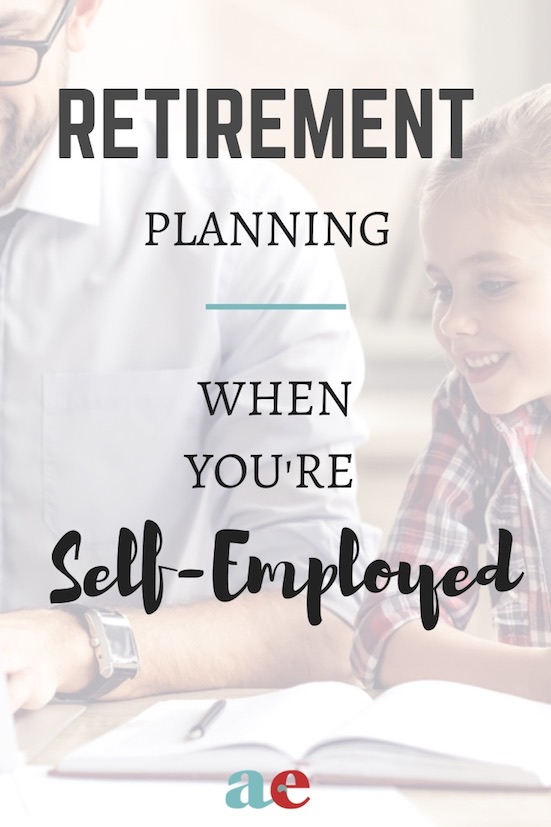One of the most daunting tasks as an entrepreneur is saving up for your retirement. Sometimes it feels as though every penny you earn for yourself goes right back toward pursuing your passion. Planning retirement can be tedious, so it’s no wonder many entrepreneurs put it on the back burner so they can worry about more timely, pressing matters.
While it might seem like your retirement fund can wait, it can’t. Don’t make it a problem for your future self; start preparing now. Here are 3 ways you can prepare:
Open An Individual Retirement Account
There are a couple different options you have when opening up an IRA: traditional or roth. An IRA works similarly to a 401(k), except you open this up yourself. It holds cash and investments, and it’s a simple way to watch your investments grow. The difference between traditional or roth depends on when you want to pay the withdrawal taxes. Regardless, they’re tax-deductible. IRAs do come with a catch: you can only deposit $5,500 annually if you’re under 50, and $6,500 if you’re over 50. So if you want to be able to live comfortably through your retirement, you’re going to need more than an IRA.Solo 401(k)
If you’re a sole proprietor or run a business with your spouse, you qualify for a solo 401(k). You can save up to $18,000 of your personal contributions and watch it grow. As an employer, you can also contribute up to 25 percent of your net earnings. As of 2016, the annual maximum is $53,000 — giving you the chance to save up much more comfortably than an IRA alone.Tax-deferred Annuities
If you’ve reached your annual maximums for your IRA and solo 401(k) accounts and still have some money you’d like to put aside for your retirement, you can deposit it into an annuity plan and enjoy the same tax-deferred growth that your other accounts will see. It can take some time to find annuities that are tax-deferred and have low fees, and these aren’t tax deductible. So while these programs offer additional comfort in your future retirement, isn’t guaranteed that you’d be able to withdraw from these accounts in the event of an emergency or even to leave to your heirs. Many of these plans don’t accept contributions after a certain age (70, for example) so it’s crucial that you start planning and preparing now. It’s great if you love what you do and don’t ever plan on retiring, but at least give your 70-year-old-self the option of taking a break. Trust me, you’ll thank yourself!
by: Emily Brady

Emily Brady received her Bachelors at Brigham Young University Idaho where she majored in Communication Sciences with an emphasis in journalism and professional management. She has written for Scroll News and Deseret Digital Media and is currently a freelance writer. In her free time she enjoys hiking, reading and swinging in her hammock.
